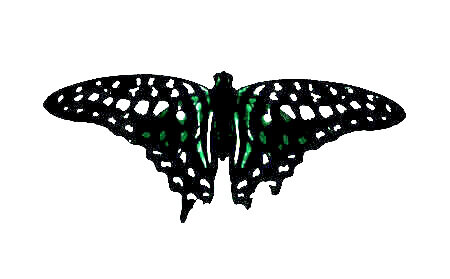The Misogyny Lives in Us
In grad school, a man in my cohort didn’t like the way the women blew off steam about an inappropriate professor. In a group email thread, we made jokes, we made ourselves laugh—because that’s how we managed our professor’s creeping hands, his rude comments, the way he looked at our bodies. The disapproving man responded to our group email that we were being disrespectful, and he demanded we stop. From the things this man has gone on to write and publish, I suspect he sees himself as progressive, a champion of the marginalized and voiceless. But he sided easily with the white man in power.
I see this behavior all the time in my progressive communities, especially in academia. People—men and women both—who call themselves liberals, feminists, allies. They see the 2024 election results so clearly: racism and misogyny lost Harris the vote. But they can’t face their own internalized preference for a white man’s opinions and feelings.
Several years ago, a former department chair, a woman, asked me to take on a project I did not have the bandwidth to do, and she grew frustrated at my refusal; she said we absolutely had to have this project for our students, and I was the only one who could do it. When I suggested she ask my colleague, a white man, to lead the project, she said, with a kind of disapproval that reminded me of the guy in my grad school cohort, “Sara, we must protect our junior faculty members.”
“I, too, am a junior faculty member,” I said, “And no one seems worried about protecting me.” Something flickered in her eyes—recognition? She said nothing, but she did stop asking me to lead the project.
Once, at a campus party filled with writers, I asked the host, a fellow writer and faculty member—a very nice man!—what I could do to help, and he smiled and said, “Nothing, just stand there and look pretty.” He looked embarrassed almost as soon as he said the words, but he didn’t apologize. He didn’t have the words for his embarrassment, only for the sexist cliche. That had come easily, without thinking; we’re so steeped in misogyny we can’t always see it. I wish we’d make the words harder to come by.
I truly don’t know how we do that during a Trump presidency filled with men who’ve called women trash, nasty, sociopaths. Focus on the next generation? We need to focus on ourselves, do the work on ourselves. The day after the election, my bereft daughter came home with a little slice of hope: so many girls in her classes were also sad, and a new kind of solidarity had sprung up between them. And the boys? I wondered.
“Oh,” she said, “the boys don’t care.”
